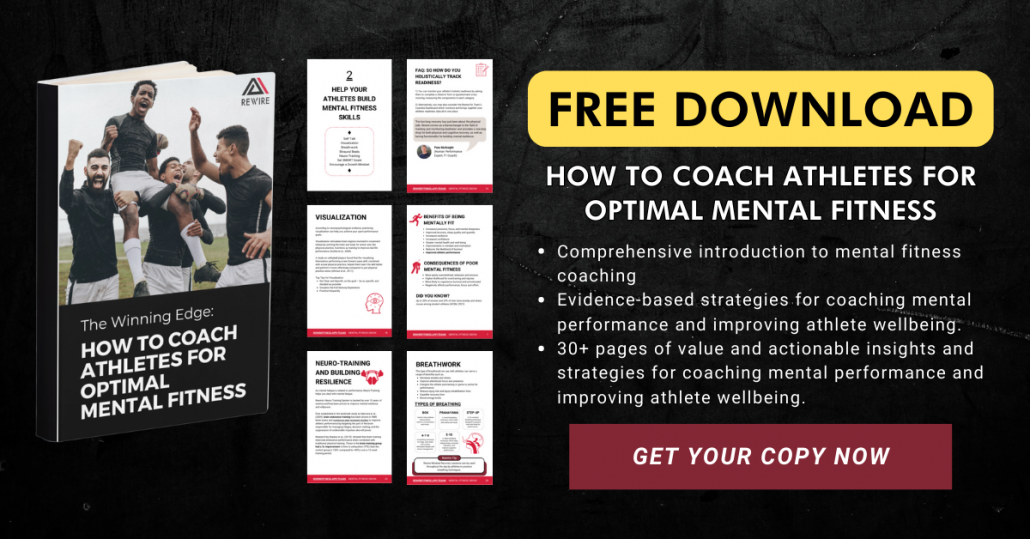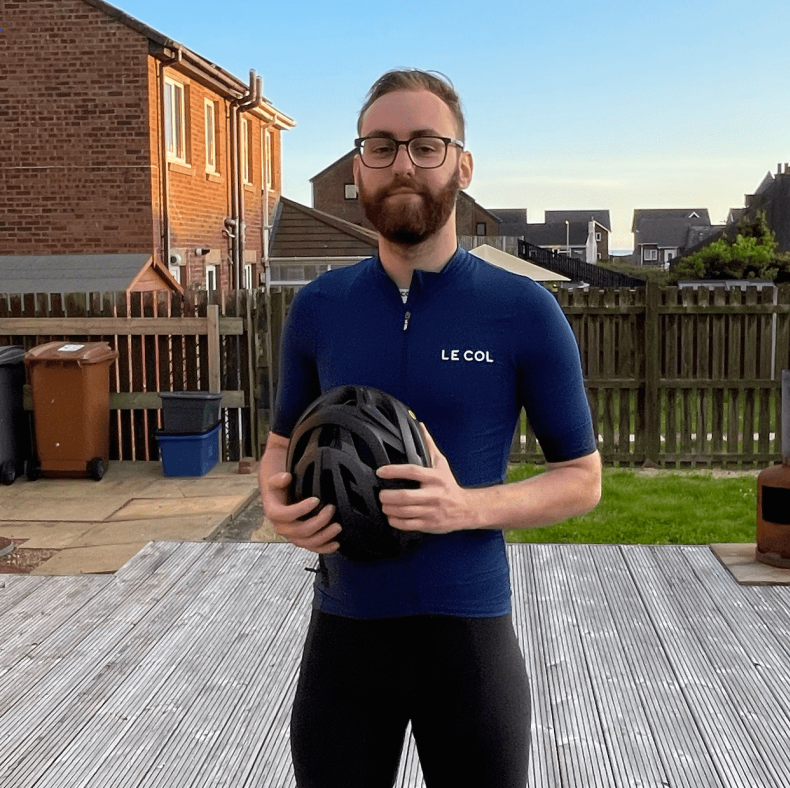What Is Mental Fitness, and Why Is It Important?
And a few tips to help you improve your mental fitness.
Mental fitness is more than a reaction test or a memory game, and it’s not a state of well-being. Instead, mental fitness is all about achieving emotional balance, increasing awareness, making clear decisions, and setting healthy boundaries.
And while we can talk about what mental fitness is all day, the definition often means somewhat different things to others. For example, one person may see mental fitness as their ability to push themselves mentally during a race, while another person may define mental fitness as thinking clearly and being in a good place mentally and emotionally.
But regardless of what it means to you or me, exactly why is mental fitness important? What happens if you neglect it, and how do you exercise and maintain it? We’ll address all these questions and more below.
What is mental fitness?
While physical fitness is often represented by defined muscles, personal bests, and an impressively low heart rate, mental fitness is a lot more difficult to define. Besides, you can’t touch or feel mental fitness.
If you can’t deadlift with your brain, then how are you supposed to improve your mental fitness? And is it even possible?
Yes, it is possible to train your mental fitness, and there are various methods to do it. A good place to start would be by adding mindfulness and meditation into your daily routine. You should also follow a regular exercise schedule and stick to a healthy diet. It’s important to stick to these healthy habits long-term to see real benefits. It’s not a do-it-once approach — you must stick with it.
For more tips on improving mental fitness, check out our mental fitness guide for beginners.
Why is mental fitness important?
Being in a state of positive mental fitness enables us to respond to the many challenges life throws at us. Our state of mind and emotions directly impact the decisions we make, how we respond to certain situations, and how we think and feel daily.
Poor mental fitness may negatively impact your relationships (spouse, friends, or family), your emotional and mental health, and even your self-esteem. As an athlete, you may put less effort into training, perhaps lose interest in your sport, and no longer perform at your best.
By now, you likely understand just how important mental fitness is. And if you neglect your mental fitness, you may begin to experience negative consequences in other areas of your life. So, take control of your mental fitness and better control and manage how you think, feel, and act.
What is the difference between physical and mental fitness?
The difference between physical and mental fitness is an easy one.
Physical fitness is the body’s ability to function as expected, whereas mental fitness is focused on the mind — how we think, feel, and experience certain scenarios.
Both mental and physical fitness can be trained — you can build bulging quads and other defined muscles, but you can also exercise and stimulate the mind to improve your well-being and how you respond to stressful situations.
For example, American psychologist Roy Baumeister and colleagues compared self-control to that of a muscle — it can be strengthened and fatigued. The theory is known as “ego depletion” and surrounds the idea that we all possess a limited mental reserve of energy — once it runs out, we’re more likely to lose self-control.
This is further supported by the theory that willpower can be trained, helping us deal with a variety of stressful situations we not only encounter daily, but in sports — think long-distance running, challenging training sessions, and gruelling triathlon distances.
Anyways, it’s important to achieve a balance of both physical and mental fitness. However, achieving excellent mental fitness may result in the motivation to improve your physical fitness, whether that means losing weight or overcoming an injury.
How do you exercise your mental fitness?
We’ve previously touched on a few methods to exercise your mental fitness already. But there are numerous methods at your disposal, such as:
- Practice mindfulness: reduce distractions and practice being present and in the moment.
- Exercise regularly: aim to exercise for at least 150-minutes a week.
- Push yourself out of your comfort zone: seek new opportunities and challenge yourself regularly.
Exercising your mental fitness is not as simple as completing one task daily. Instead, your mental fitness is linked to multiple factors. Therefore, it’s recommended to engage in these tasks regularly to provide yourself with the best opportunity to increase and maintain your mental fitness.
The Rewire Fitness app has an entire library full of mindfulness and recovery sessions designed to increase mental fitness, reduce stress, and allow you to re-focus on what’s important to you.
Start training your mental fitness today
The concept of mental fitness is fairly new. And while the increased awareness surrounding mental health is more than welcomed, more people need to know what mental fitness is and how it works.
To get started, we suggest using the Rewire daily readiness assessment. The short 90-second assessment measures how prepared you are to tackle the day. It’s easy to do, and when used with the Rewire app, it provides you with the tools to better manage your mental fitness.
FAQs
Why is mental fitness important?
Mental fitness is important for many reasons. For example, it allows you to respond to situations better, enables you to think clearer, and may positively influence work or training performance.
What is the difference between mental health and mental fitness?
Mental fitness is about thinking, feeling, and performing your best in all areas of life. Mental health is greater concerned with maintaining and managing a positive and healthy state of mind and well-being.
What is more important, physical or mental fitness?
Both physical and mental fitness are equally important. If you work on both, you’re likely to see the maximum benefits in all areas of your life.
Why is it important to have a healthy mind?
Having a healthy mind directly impacts how you think, feel, and act. Set yourself up for success by prioritising your mental health and mental fitness.















